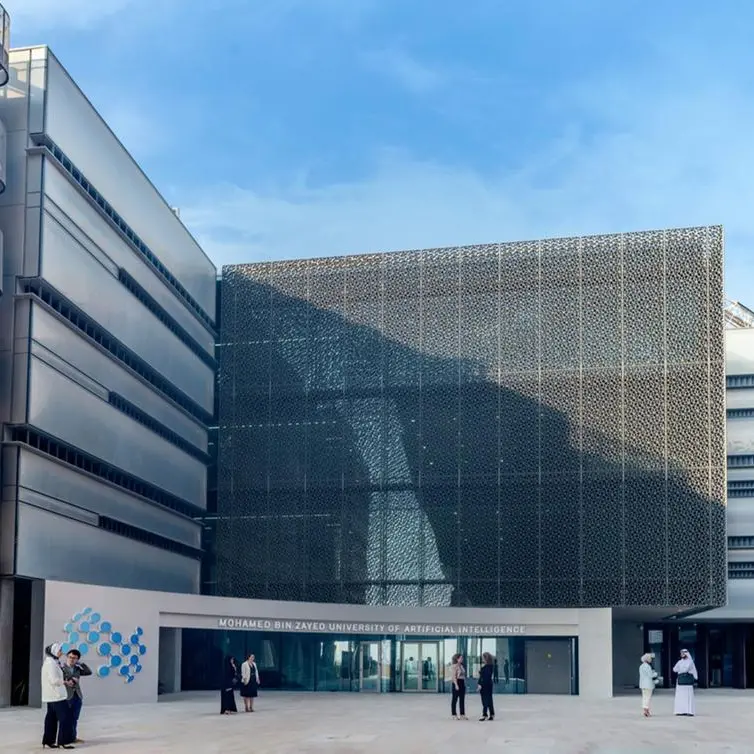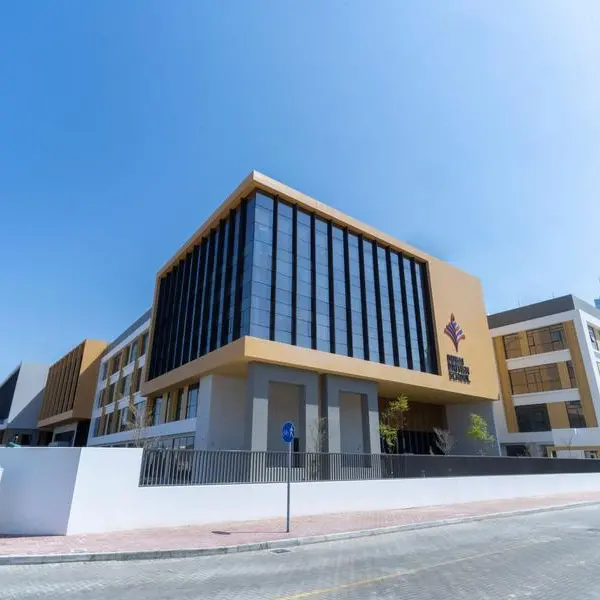PHOTO
UAE - The education sector in the UAE is being increasingly recognized for its growing reputation in higher learning, as it moves towards a hybrid model.
This shift is exemplified by the recent revelation that the University of Sharjah (UoS) will introduce a novel hybrid education system.
Varsities are quick to adopt new technologies and teaching methods, where students attending physical classes on campus are being complemented with online and hybrid learning formats. This change acknowledges the distinctive circumstances faced by certain students.
Recently, His Highness Sheikh Dr Sultan bin Muhammad Al Qasimi, Member of the Supreme Council and Ruler of Sharjah, authorised the new scheme for the UoS, aiming to benefit working students in particular.
Responding to Khaleej Times, on how the university will accommodate working students, Dr Hussein El Mahdi, Dean of Academic Support Services at University of Sharjah, said, “First, it should be noted that the UoS is fully prepared to start offering the hybrid model of teaching and learning, leveraging the experience, training and infrastructure gained during the university response to Covid-19 crisis.”
Students are required to substantiate need for hybrid learning with evidentiary support.
He explains students will have to produce evidence that the individual’s circumstances demand the hybrid approach.
“In this model, students with special circumstances such as medical and or employees living far from the University will be able to attend a percentage of their classes online concurrently with their peers attending the same class on campus. The number of classes a student can take hybrid will depend on the nature of the course. Students will be asked to contact their department chairman to apply for attending classes via the Flexi-Hybrid model, keeping in mind that assessment is conducted in person on campus.”
He highlights, the model has been published as a 'Knowledge Product' at UNESCO and has been implemented at a limited capacity to classes with small number of students studying in the Khourfakkan, Kalba and Al Dhaid branches. “In response to the directives, the university is ready to implement as of this fall to students in need for attending hybrid classes due to the said reasons,” Mahdi added.
Adult learners often need more flexible schedules, highlight experts
Deans of other universities in Sharjah also reiterate that many individuals throughout the region have the talent and ambition to pursue their graduate studies, but their geographical location prevents them from doing so. Therefore, educationists believe that mixed-modality models are the future of higher education.
Dr Narjess Boubakri, Dean of the American University of Sharjah (AUS) School of Business Administration said, “AUS is part of the University Consortium for Quality Online Learning (UCQOL), a group founded by the Abdulla Al Ghurair Foundation in collaboration with the UAE Ministry of Education and nine higher education institutions in the UAE. The consortium focuses on expanding the network of universities in the region that offer online learning that meets world-class standards of excellence.”
Harnessing the latest technology, AUS will be offering its Master of Business Administration (MBA) in hybrid mode, which will be ready for the spring semester intake.
“We will also offer a fully online MBA in business analytics, which will be announced at a later date. Our MBA program is among the top 10 in the Middle East and Africa region and among the top 250 in the world, according to QS Global MBA Rankings (2022)," said Boubakri.
"Making outstanding graduate programs available online by harnessing the latest technologies available for the delivery of online education increases accessibility and I have seen first-hand how the benefits of education positively impact not just the individual, but entire communities,” added Boubakri.
Likewise, in specific universities within Dubai such as Amity University, postgraduate students typically commence their evening classes at 6pm and finish at 9pm. Concurrently, engineering courses catering to bachelor's students who are employed professionals are scheduled from 4pm to 9pm on weekdays, allowing students to maintain full-time employment.
Dr Fazal Malik, Pro Vice Chancellor, Amity University Dubai, said, “We support the flexibility of our working students to help them effectively manage time and work commitments while meeting academic demands. We offer flexible schedules, the right academic advising, and appropriate learning platforms to help students learn while they are working.”
Similarly, varsities have introduced certain diploma programmes that remain flexible and are delivered in a self-paced format, designed around the busy schedule of a working professional.
“We have also launched diplomas developed specifically for working professionals, such as our Post-Graduate Diploma in Digital Marketing Strategies. Our EMBA classes are offered on Saturdays and Sundays, allowing our students to work full-time during weekdays. We believe that maintaining a work-study balance is critical for the modern-day university student and we are proud to support these initiatives,” he added.
A few universities offer adaptable study options for even undergraduate programs along with postgraduate courses, enabling students to customize their course load per semester.
Mohammad Elmoshnib, Registrar, Canadian University Dubai, said, “CUD Dubai provides flexible study pathways for both undergraduate and postgraduate programs. This allows students to adjust the number of courses they take each semester. Postgraduate students can also choose evening and weekend classes to accommodate their workplace responsibilities."
"Employers also benefit from this flexible learning approach; as what the students learn in the classroom one day, they can apply in their workplace the next,” he added.
Copyright © 2022 Khaleej Times. All Rights Reserved. Provided by SyndiGate Media Inc. (Syndigate.info).





















